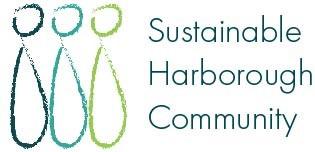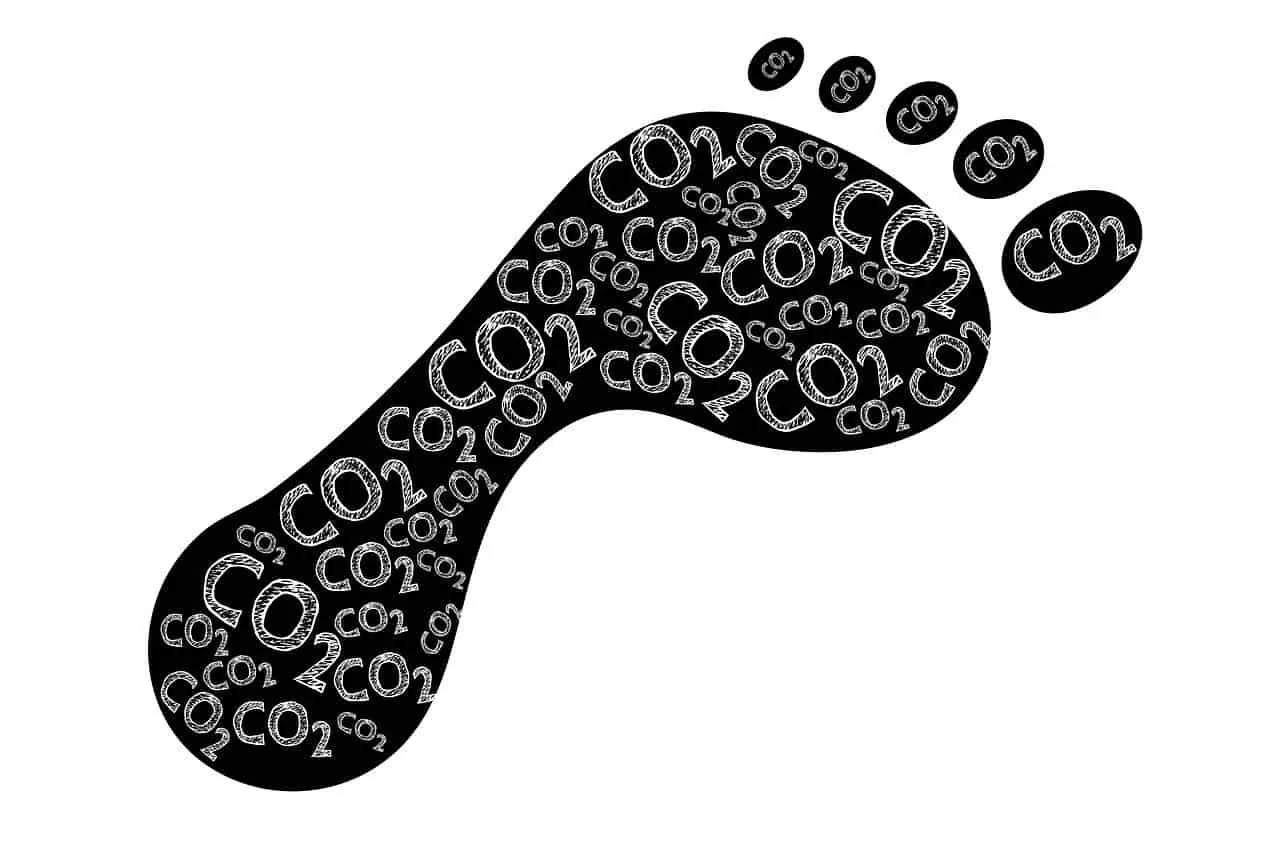Climate Crisis

The G7 Summit has recently taken place in Carbis Bay, Cornwall, and we can see how useful it was for moving forwards in dealing with the climate crisis that faces us now, and with vaccines for all to stop the Covid pandemic.
A friend said to me recently that he knew about the crisis but what could he, as one individual, do about it? He felt hopeless. It is an understandable reaction. Watching the BBC TV programme ‘Ade on the Frontline’ (available on iPlayer), brought it starkly home to us. Seeing the dramatic effects of rising sea levels on poor communities living round the Ganges Delta in Bangladesh. Devastatingly, so much land has disappeared into the sea.
No insurance, no home, no food, no safe water, their only hope is to move to the capital. The good news in that situation is that mangroves grow very quickly. Their roots cope with the salty water. There is a sea wall of them along half the coast. Importantly, lots more are being planted to give people a chance of survival.
Closer to Home
Flooding is now an issue in parts of our country, and some coastline is changing dramatically. But, thankfully, we do not have to cope with such problems on the same huge scale. However, our high carbon footprint contributes to the warming of the planet. This results in the melting of ice at the Poles, that then causes a dramatic rise in sea levels. The injustice for people living in the Ganges Delta is that their simple lifestyles have a very low carbon footprint.
Your Carbon Footprint
Being informed is a very important step, and having an idea about our own carbon footprint is an excellent start. There are several carbon footprint measurement systems on the internet. If you don’t have access I’m sure the people at our great libraries will assist you to work out yours.

The World Wildlife Fund has a simple Carbon Footprint Calculator. I’ve just retaken it in less than 15 minutes, so it is easy to do. It is something families might like to do together. Its great value is that it helps us understand what our own carbon footprints are. How we can reduce them, then take one step at a time to start making a difference.
How You Can Help
If you’re reading this article with interest, my guess is that you are already on your own carbon reduction journey. If you would like to get more involved, our own local group, is Sustainable Harborough Community.
We now have a page of ideas on our website for doing more, depending on how much time you have. The page is titled ‘Want To Take Some Action’. Another page has a list of ideas for things like living more sustainably or helping nature and the environment. We also have the Great Big Green Week taking place from 18 – 26 September!
Please also see: The Sustainable Harborough Community Can Help with the Climate Crisis, May 2021.
Signing up as a member is a big help, showing that people care about these issues. There is no cost. Knowing that people are already busy on carbon reduction is great. Having your support makes a big difference to how seriously the people with power to change things, will take us. It also means you will be sent a weekly or fortnightly update of climate action nationally. It was there that I learnt the Co-op has its own ten point action plan to be more sustainable. That’s an encouraging development.
What can one individual do? Actually a lot!
Julie Fagan
Volunteer Sustainable Harborough Community
The WWF Carbon Footprint Calculator is available @ https://footprint.wwf.org.uk/#/




 Getting into Shape
Getting into Shape

